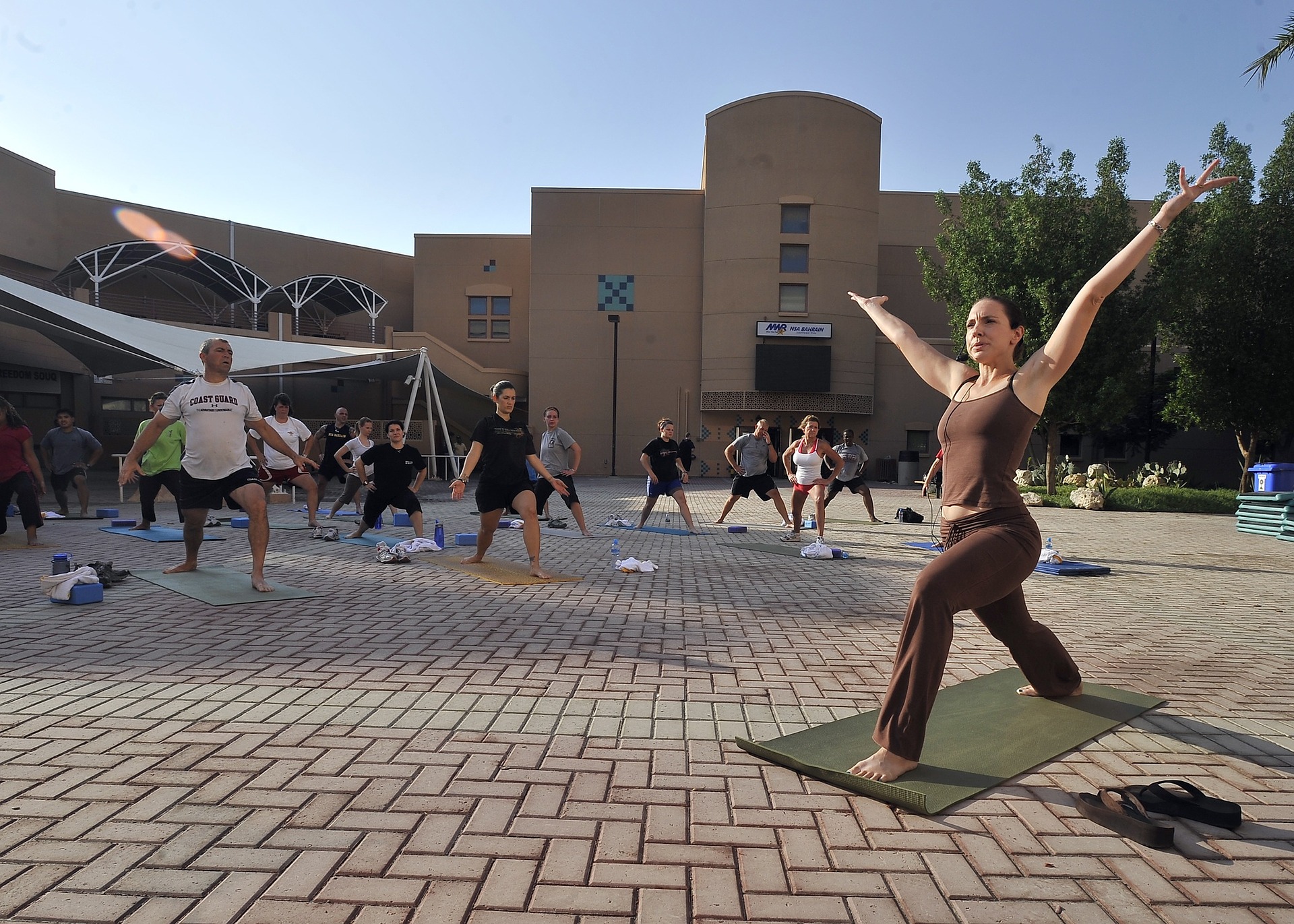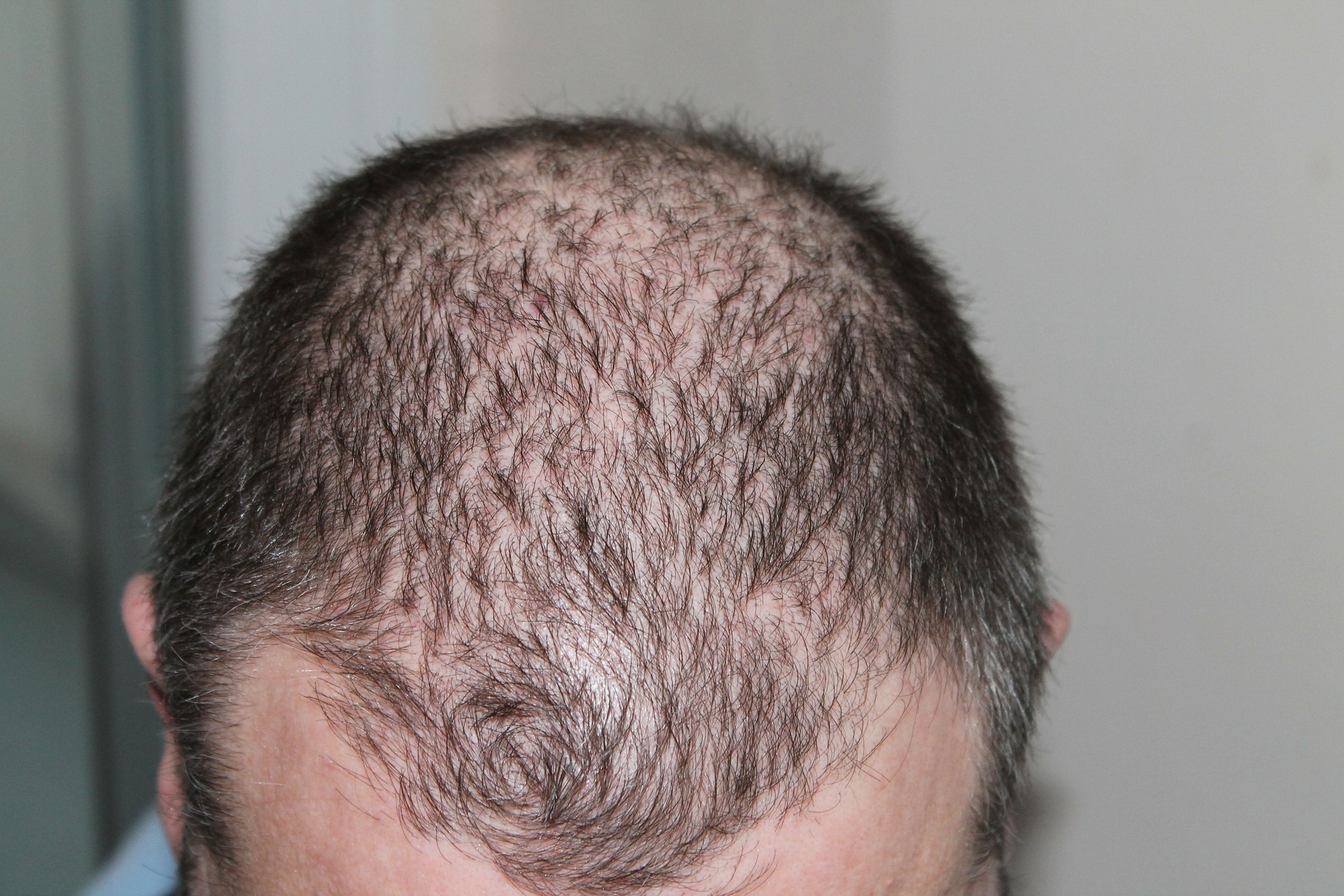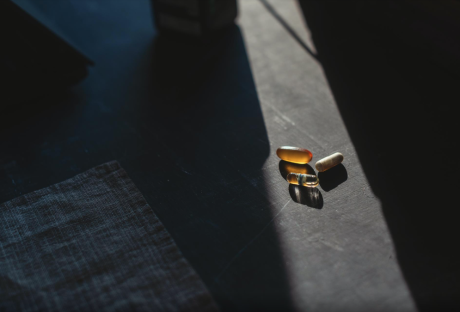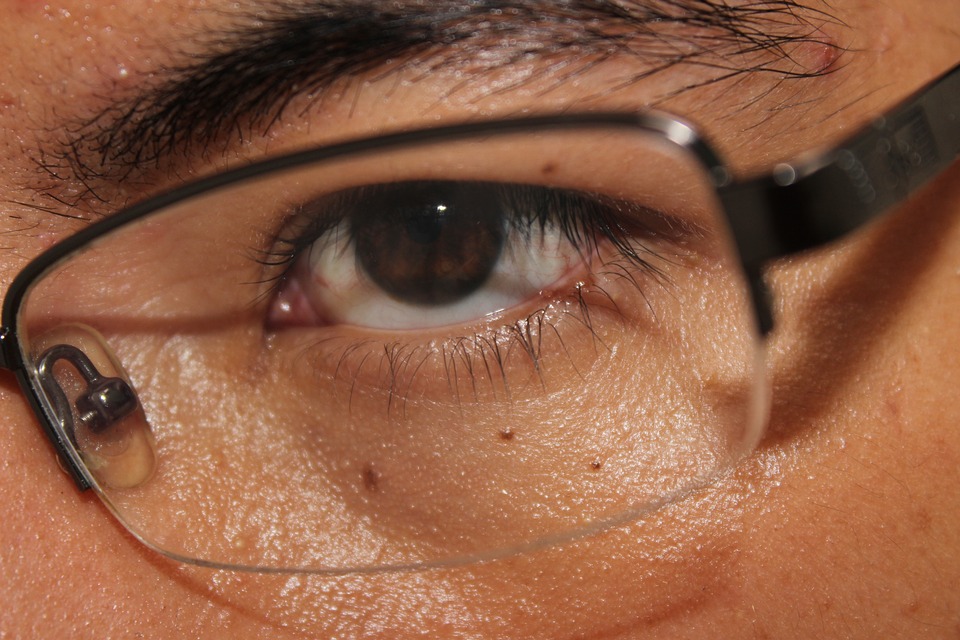Are you having a hard time getting up off your butt and dragging yourself down to the gym this winter?
This is a problem that many Americans face. They choose to take a break from working out once it gets cold in the winter. And unfortunately, it leads to most of them falling out of shape and failing to get the proper amount of exercise every week.
If you currently find yourself in this scenario, there are some winter fitness hacks that can help you stick to your fitness goals during the colder months. Take a look at 10 of them below.
1. Start by Setting New Fitness Goals:

First things first: If you’re going to chase after fitness goals this winter, it’s a good idea to begin by putting those goals into place. The goals that you have for the winter are probably different than the goals you have at other times of the year.
Is your goal to:
- Lose weight after the holiday season?
- Get yourself in shape for a marathon in the spring?
- Add 10 pounds of muscle for next summer?
Whatever the case may be, you’re going to have a tough time hitting your goals if they aren’t clearly defined. Make them as specific as they can be and write them down so you can refer back to them regularly.
2. Find a Winter Workout Buddy:

Just about everyone who works out in the winter struggles to do it at one time or another. It’s not easy to go to the gym when it’s below freezing outside with snow on the ground.
To increase your chances of sticking to a normal gym schedule, you should find a winter workout buddy and hold one another accountable. You’re more likely to go to the gym several times a week when you know someone else is depending on you to be there.
3. Sign Up for Sessions with a Personal Trainer:
If you can’t find anyone who wants to go to the gym with you on a regular basis, your next best bet is to sign up for sessions with a personal trainer.
A personal trainer can take a look at your goals and create a workout schedule for you so that you can hit them. They’ll also work with you when you show up at the gym to make sure you’re doing exercises correctly.
You’ll start to see results in no time when you have a personal trainer by your side. You’ll also have an easier time going to the gym when you have sessions scheduled with your trainer.
4. Consider Trying a New Workout Routine:
Have you been doing the same workout routine for months on end now?
Maybe you’ve been lifting weights like crazy. Or maybe you’ve been doing nothing but taking one spin class after another.
To keep things fresh, you should consider trying a new workout routine in the winter. It’ll put some pep in your step and prevent your winter workouts from getting stale.
5. Enroll in New Fitness Classes:
Another way to keep your winter workouts fresh is by signing yourself up for a new class at the gym. Whether you choose to do yoga, kickboxing, or something else, you’ll enjoy working out in a class setting.
Fitness classes keep you motivated by surrounding you with other people who are chasing fitness goals just like you. Together, you’ll increase your chances of hitting your goals and keep one another motivated.
6. Find Quick Workouts You Can Do at Home:
There are going to be times when you simply can’t make it to the gym. Inclement weather will prevent you from getting there.
But don’t use that as an excuse not to work out! There are so many simple exercises that you can do right at home without using any equipment.
Exercises like cross jacks, plank heel touches, and skater squats are a great way to get a quick workout in when you can’t make it to the gym for whatever reason.
7. Refuse to Make Excuses for Not Working Out:
When the snow is falling and the temperature is in the teens, you’re going to be tempted to make excuses for not working out.
Don’t do this!
If you need to, hang up inspirational quotes all around your home that focus on not making excuses. They’ll help you get up and moving in no time.
8. Put Together a Winter Workout Playlist:
When is the last time you updated your workout playlist?
If it’s been a while now, you should consider making a new mix for the winter. You can use one of the many music streaming services to create a motivational playlist.
You’ll look forward to listening to the playlist each and every time you walk into the gym.
9. Invest in Winter Workout Gear:
The workout gear that you wear in the summer is not the workout gear that you should wear in the winter. This website features tons of workout gear that would be perfect for exercising in the wintertime.
By filling up your closet with the right gear, you’ll give yourself even more motivation to continue working out this winter.
10. Hang Your Swimsuit Up on Your Bedroom Door:
The other winter fitness hacks that are listed here should work well for most people. They should help you to stay in the shape this winter.
But if they don’t, this winter fitness hack should definitely do the trick!
Take your swimsuit and hang it up on the back of your bedroom door. It’ll force you to look at your swimsuit and think about your beach body (or lack thereof!) every time you leave your bedroom.
If that doesn’t motivate you to work out this winter, nothing will.
Use These Winter Fitness Hacks to Stay in Shape:
Some people don’t have any problem maintaining a workout routine in the wintertime.
But if you aren’t one of those people, it can be frustrating to see your physical fitness fall into shambles in the winter. Rather than sitting by and watching yourself fall out of shape, but the winter fitness hacks listed here to good use.
Check out our blog to see how you can make your fitness more of a priority even when your time is limited.
Read Also:























